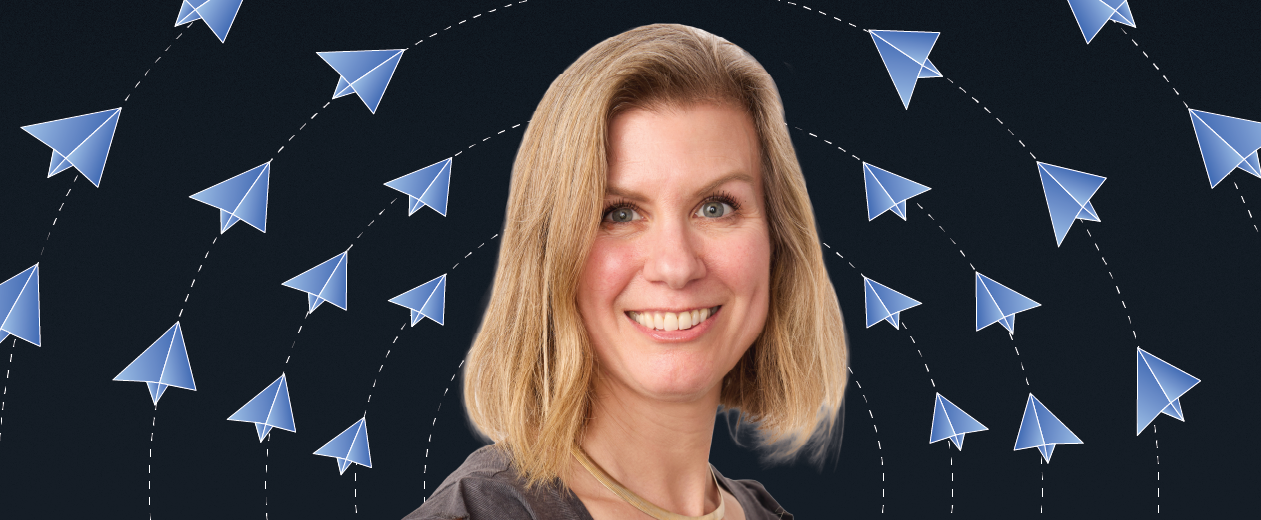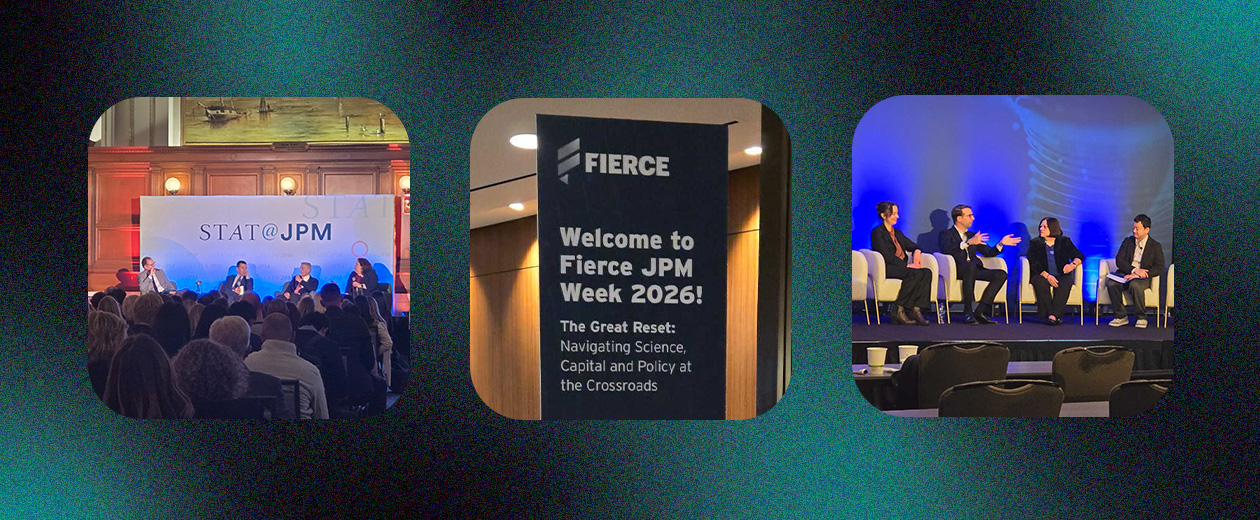
February 12, 2026
February 13, 2026

Reading time
July 10, 2024
September 24, 2020

It’s the rare discussion that deals with dark topics but ends on a positive, optimistic note. But that’s how my two-hour interview went with Michele Mitchell, award-winning journalist, filmmaker and novelist. After watching her latest film, “The Uncondemned,” I was inspired by the tangible power that telling stories can have when done well and with compassion.
Against the background of the pandemic, in the early days of this unprecedented West Coast wildfire season, we chatted on the phone about her new podcast, the state of the media, fears about the presidential election, the unleashing of racism and police brutality in America, and her most recent film, which tells the story about the first prosecution of rape as a war crime during the Rwanda genocide. It was a moving discussion. I am in awe of her background and accomplishments, and eager to share what I learned from Michele about the ability to recognize the power and tenacity humans have to overcome in the face of extreme adversity. Here is the interview, edited for length.
When I came up with this idea last October it was supposed to be a TV series. The concept is that every year, we take on a new topic that no one wants to talk about--I’m concerned that as a society, we’re not truly talking to one another, and we need to learn how to do this again. So, my goal is to bring smart people together from different viewpoints and instead of demonizing each other and screaming, we have a civilized conversation that--and this is key--goes somewhere. This year’s topic is the value gap, aka “gender equity.” I've been advocating for women all around the world, and in my own country it not only wasn’t better, I felt we were moving backwards. I did the pilot at my house in February and since then, it’s been like having a crash course in gender studies. It's been fun to put this together, because there are no rules to podcasting, which is really interesting to me. We have about six people per show. One is a guest speaker and the others I've chosen because they have something to contribute to that particular conversation. It’s like throwing a dinner party.
It's been interesting to start to talk about the solutions. How do you solve the value gap in practice? I have in mind that John Carpenter sci-fi horror movie, “They Live”, in which the masses are controlled by aliens and subliminal messages that they can’t detect, unless they use special sunglasses. Once you see the structures that lead to the gender gap and the racial gap, you can’t unsee them. The podcast will be released in early October.
Next season I want to explore the trust gap. I’m very concerned about the state of media, and the rise of QAnon.
Every mass violence movement starts with attacks on the media, quickly followed by a takeover or shut down of the news organizations.
I started out working as communications director for a congressman, and then I wrote a book and when I was on the book tour I was “discovered” by CNN and ended up on TV. I hadn't done TV before and I was lucky to work with foreign correspondent Garrick Utley, who taught me how to structure a story. He was one of the best in the business and also one of the most ethical. I eventually left CNN after being told to be “more patriotic” in my reporting. I thought I wanted to be the Great American novelist, but focusing only on writing books was phenomenally boring. Then I got a call about a job as investigative reporter on “NOW with Bill Moyers” on PBS. It was amazing. To do long form investigative journalism for Bill Moyers was an insanely cool thing to do.
Every day I would get up and be psyched to go to work. He taught me how to track—to work on my voice overs. I felt like I was really doing something important, covering corruption. That stuff that was hidden back then is now out in the public and blatant.
Journalists play a crucial role in a democracy by keeping officials accountable and uncovering injustices. Today journalists are being harassed and physically attacked because Trump has declared war on the media. When they come for journalists that's it. Every mass violence movement starts with attacks on the media, quickly followed by a takeover or shut down of the news organizations. In Rwanda, they couldn’t have had a genocide without the broadcast station Radio Rwanda, which incited the Hutus to violence.
I’m shocked and I’m alarmed. I’m hearing things that as an observer of mass violence I recognize as early indicators. And, I’m deeply concerned that we no longer talk to one another. A lot of people have made a lot of money off what I call the”anger industrial complex.” When people and information are siloed, that's when conspiracies start brewing. Millions of people believe the QAnon conspiracies. The trust factor has fallen way off. We should all be deeply concerned because when you don't believe in anything what do you have to lose? How do we start counterprogramming for this? No matter what your politics are you should be disturbed about the lies and the violence.
A lot of people have made a lot of money off what I call the”anger industrial complex.” When people and information are siloed, that's when conspiracies start brewing.
In 2012, I was stuck on the 405 in Los Angeles, and I heard an NPR story about a man running for U.S. Senate in Missouri, Todd Akin, who voiced the opinion that a woman could not get pregnant from rape because she has a way to shut down her body. I lost it! I’m so tired of hearing things like this and hearing that rape is a sex crime. It’s an act of destruction, of torture, of power. It's the ultimate act of bullying. [Note: I highly recommend Michele’s TEDx talk that deals with this topic: “What’s Rape’s Brand?”] I thought, what am I going to do? I thought about telling a story that would strip it down to the essence, in the setting of war, where it's unquestionably an act of deadly intent. I also wanted to tell a story of what to do about it, so: the story of the first time rape was prosecuted as an act of war.
I had thought the first case was the Foca case in which Serbian police and soldiers held Bosniak Muslim women and girls in rape camps. The case was tried in The Hague. But then I heard that it was actually a case in Rwanda involving a mayor named Jean-Paul Akayesu. I located the two prosecutors in the Rwanda case and they told me their story. Then I flew to Rwanda and met the women who bravely testified about their rapes. I also went off to Congo to contact a militia group to interview some of the men who were accused of rape. That trip was so tough because I saw things I can never unsee. I had PTSD through vicarious trauma as a result.
But, the Akayesu case not only was the first conviction of rape as genocide, to this day it still stands. It's the fundamental underpinnings of so many other cases.
Every time I think “can we be worse as a species?” I see something that gives me hope
My faith in humanity remains completely intact. Every time I think “can we be worse as a species?” I see something that gives me hope, like the NBA strike over Black Lives Matter protests, and now NBA arenas are going to be turned into polling precincts. There's a lot that's happened with international justice, in particular for women, that didn't exist before. I think about the people I know who are so smart and are out there trying to make the world a better place. People are thinking about these big things and taking action and making a difference. Despite the fact that the pandemic has impacted filmmaking, there are exciting ways storytelling has opened up—you’re going to hear more voices because the barriers to entry have been lowered. You have to take this as an opportunity. And, I keep thinking about the anthropologist I interviewed over the weekend (Dr. Kristen Hawkes of the University of Utah) whose work is on the evolutionary theory of grandmothering, and why homo sapiens didn't go the way of Neanderthals. Our brains are built to want to understand each other. We want to communicate. This is something that's buried in us as an evolutionary aspect. That fact that shared intentionality is deeply rooted in us is wonderful. That probably gives me more hope than anything else.

February 12, 2026
February 13, 2026

January 28, 2026
January 28, 2026